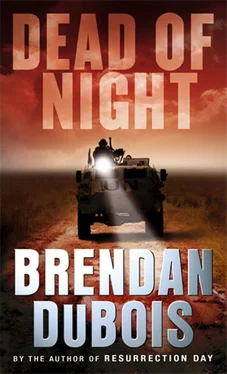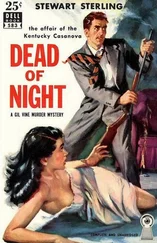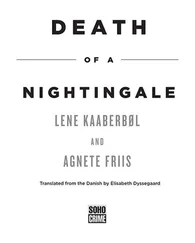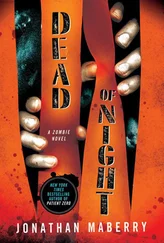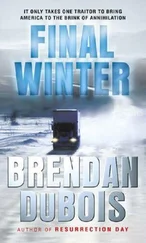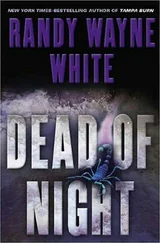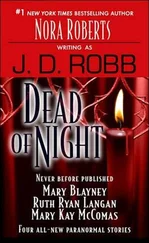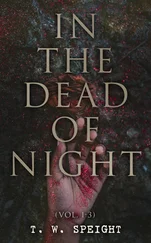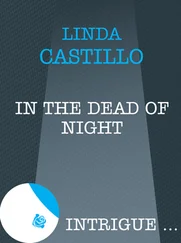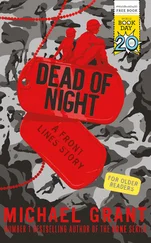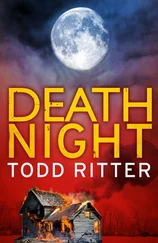‘That’s Jean-Paul’s job,’ Charlie said.
‘Well,’ Karen said, ‘don’t you think it might be helpful—’
Charlie walked away, shaking his head. ‘Ukrainians—can you believe it? In my fucking country.’
And I knew why Charlie had stood still. Foreigners under arms, in his country, doing his job. To Charlie, no doubt, that was disgraceful. Me, I was just glad to see the extra firepower.
With the photos uplinked and my gear back in the Land Cruiser, Sanjay came over to me and said, ‘Good job again, getting those photos.’
‘That’s my job,’ I said.
‘Still…’ Sanjay looked around him and leaned toward me, speaking softly, so that Karen wouldn’t hear him, I suppose. ‘That was a brave thing to do, to take such pictures of the militiamen when they were so close to us. Me, I don’t even pretend to have such bravery. I went to medical school and learned all there is to know about human bodies and the creative ways men devise to hurt them and destroy them. But I cannot handle dealing with the living—their fears, their wishes, their demands, their families. I prefer the dead, for what is the worst you can do to a dead man?’
‘Not a hell of a lot, I guess,’ I said.
‘So true. And I cannot even handle my family, who felt disgraced that I would lower myself to working with the dead. So the coward’s game again: here I am, with the UN, far away from my home.’
I nodded toward the APCs. ‘Hell of a place for a coward.’
He smiled widely. ‘We take what we can, don’t we?’
‘That we do.’
Eventually the APCs backed down the dirt driveway, their engines burbling loudly, the yellow and blue flags flapping in the breeze. I got into a Land Cruiser with Peter and Miriam, Miriam this time sitting in the front seat. She said, ‘jean-Paul told me that one of the Ukrainian APCs will be with us for a while. Isn’t that good news?’
Peter shook his head. ‘Bloody soldiers will ask us to feed them, just you wait.’
I said, ‘Having protection like that should be worth a meal or two.’
‘Fine,’ Peter said. ‘Then you can cook for them.’
Miriam glanced back at me as we bumped down the driveway, and I leaned over the rear of the seat.
‘OK,’ I said. ‘I guess I can maintain your high standards of cuisine.’
Miriam smiled and Peter said nothing else. I was feeling pretty good, until I looked back and remembered that I hadn’t taken the photo of the farm, the one I had wanted so much to.
* * *
It turned out to be a long day as we tracked down two possible locations for the elusive Site A. The first place was an athletic field for a regional elementary school. We parked the Land Cruisers in a paved lot at the rear of the school and the APC parked there as well. Without any prompting from Jean-Paul we put on our helmets and protective vests again, and we gathered around a wooden picnic table that had its footings set into concrete. The school was brick and one-story, with lots of windows — and with most of them shattered. What few windows weren’t broken had children’s drawings and paintings on paper taped to the glass. New grass had grown in the field and at both ends what looked like soccer nets stood sentinel, their netting torn and flapping in the breeze.
Jean-Paul said, ‘We received two pieces of intelligence saying that bodies have been buried here, in this field. Air surveillance last week proved inconclusive. So now it’s our turn.’
Sanjay turned and shielded his eyes from the sun with his hand. ‘That’s bad intelligence, and you know it, Jean-Paul. Look at that grass. Nothing’s been disturbed here, nothing at all.’
‘True,’ Peter said sharply. ‘But we follow orders, don’t we? The word comes down from on high that we search this field, and that’s what we’re going to do. Right, Jean-Paul?’
Jean-Paul folded up his map and didn’t take the bait. He said, ‘So glad you agree, Peter. So let’s get to work.’
It was rather dull work. The Ukrainian soldiers stayed in their APC, keeping its hatches open, and Charlie sat on the ground by one of the Land Cruisers, his M-16 across his lap. It looked like the Ukrainians wanted to spend some time with Charlie but our Marine would have none of it. Foreign troops in his country. I could hardly imagine the humiliation he must have felt. We stretched across the field in a line, maybe five or six meters long, carrying thin metal probes. I had the feeling that if Peter had been in charge we would have finished this search in ten minutes or less. But Jean-Paul was doing things by the book and he set a slow pace as we marched across the field, looking for mounds of earth, for any fresh disturbances, poking and prodding at the ground with our metal probes.
By now the sun was higher up in the sky and with our helmets and protective vests on we got hot indeed, even though the calendar said it was fall. Since our line was so short, we had to trek up and down the field four times, finding absolutely nothing except on our third pass, when we found the remnants of a parachute flare. We gathered around it and Peter rolled over the heavy cardboard canister, saw the RAF markings. Part of the NATO contingent that had first come here after the troubles.
‘A postcard from home,’ he said, smiling. ‘How brilliant. How about a picture, Sammy?’
I looked at Jean-Paul, who gave a small shake of his head. ‘Sorry. My gear’s back in one of the Toyotas. Maybe later.’
Peter nodded and turned back, and we returned to work. I imagined a school band out here, playing for the students: it was spookier than hell, looking over at the school building, wondering where the children were, where they had all gone. Despite what the PM had ordered last spring, lots of families here and elsewhere had snuck across the border into my home country while so many others had just hidden out with families or relatives in the basements of their homes. The streets were almost always empty, and it was that emptiness that sometimes creeped me out most of all
* * *
Lunch was at the picnic tables at the rear of the school, near where some swing sets and other play gear was set up. The Ukrainians surprised us all by not only having their own food but by sharing what they had with us. There were four of them and only their officer could speak English, but that didn’t stop the other three from flirting with Karen and Miriam. They laughed a lot and eventually so did Miriam and Karen. They had loaves of chewy black bread and some sort of meat paste and cheese gunk in tubes, which they spread on torn-off chunks of bread. Peter, however, made do with a couple of hard rolls and a jar of peanut butter from South Africa. Charlie, as usual, ate by himself, still sitting on the ground, ignoring the Ukrainians.
When we were done, Jean-Paul made a brief report over his satellite phone, and then we drove out of the schoolyard. In front of the school was a white flagpole, and a dark flag hanging from it flapped in the breeze. Miriam looked up and said, ‘That flag is black. Completely black. What does it mean?’
I waited for Peter to say something and was pleased when he didn’t know the answer, which I supplied. ‘Anarchists,’ I said. ‘The black flag is the flag of anarchists.’
Miriam asked, ‘What do they want?’
‘Anarchy,’ I said.
‘Goody for them,’ Peter said, as we turned and got onto the road, the APC leading the way. ‘At least somebody’s got what they want.’
* * *
We drove about three kilometers to another site. The roadway passed through a cluster of small homes, each of which had been burned. The houses were smaller than what I had been used to when I’d been growing up in peaceful and prosperous Canada, but the yards were neat and well-maintained, with stone or wire fences separating them from their neighbors. Miriam shook her head as we proceeded, saying, ‘So sad, oh, how sad.’
Читать дальше
